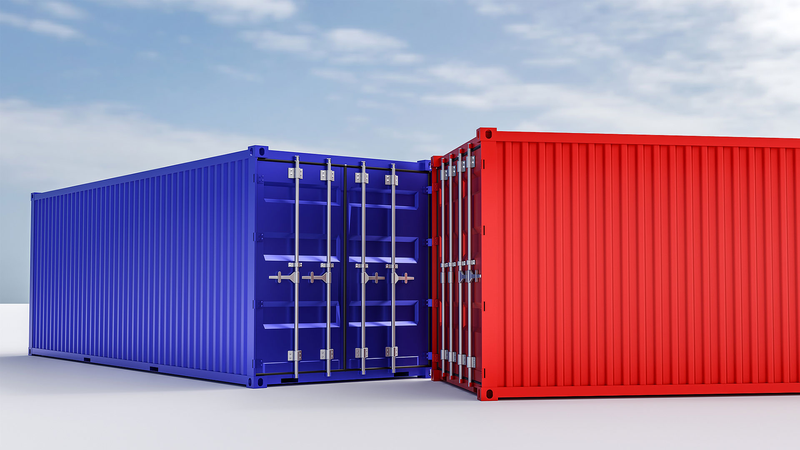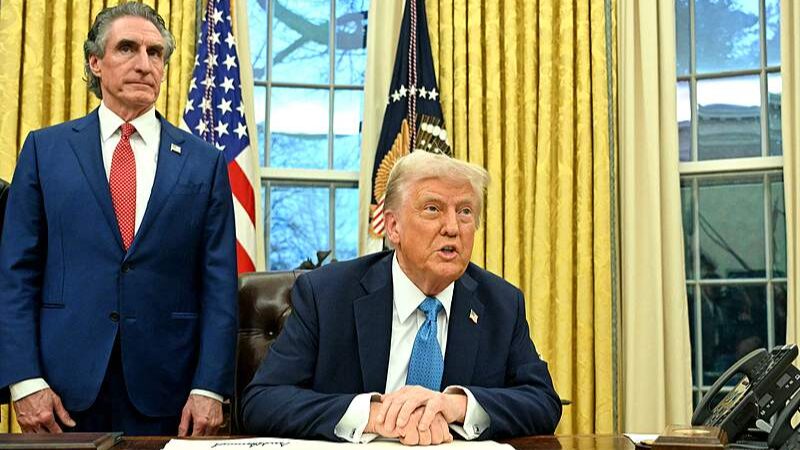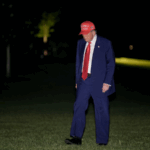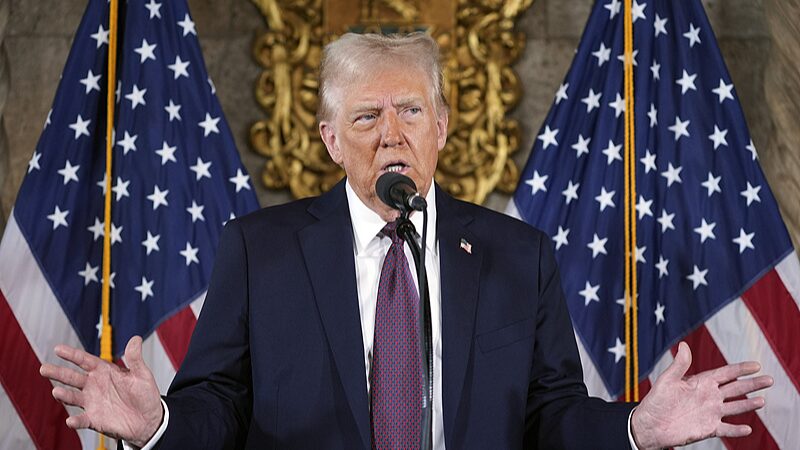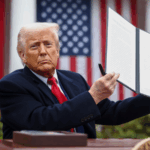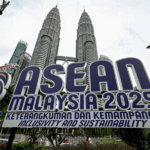Countries across Asia are uniting to counter what they call the U.S.’s “tariff hegemony,” with governments and trade experts denouncing unilateral trade measures as harmful to global economic stability. The backlash follows recent U.S. moves to impose “reciprocal tariffs” on imports from multiple Asian economies, a strategy critics describe as coercive and disproportionate.
In a joint statement, representatives from Southeast Asia’s manufacturing hubs emphasized the need for dialogue over punitive measures. “Trade policies should foster cooperation, not create winners and losers,” said one ASEAN trade official, highlighting regional efforts to strengthen supply chain resilience through agreements like the RCEP.
Meanwhile, East Asian economies are reportedly exploring multilateral mechanisms, including WTO consultations, to address disputes. Analysts note that U.S. tariffs on semiconductors, electric vehicles, and renewable energy components risk disrupting high-growth sectors vital to Asia’s economic trajectory.
The debate has also galvanized public sentiment, with civil society groups and business leaders calling for balanced frameworks that prioritize fair competition. As tensions escalate, the region’s response could redefine cross-border trade dynamics in an era of geopolitical uncertainty.
Reference(s):
Questionnaire on countries countering the U.S. tariff hegemony
cgtn.com
